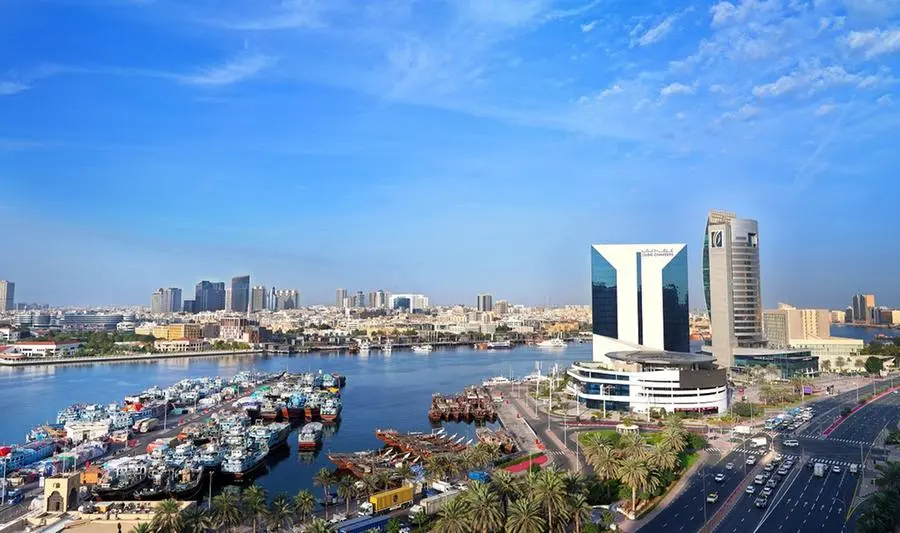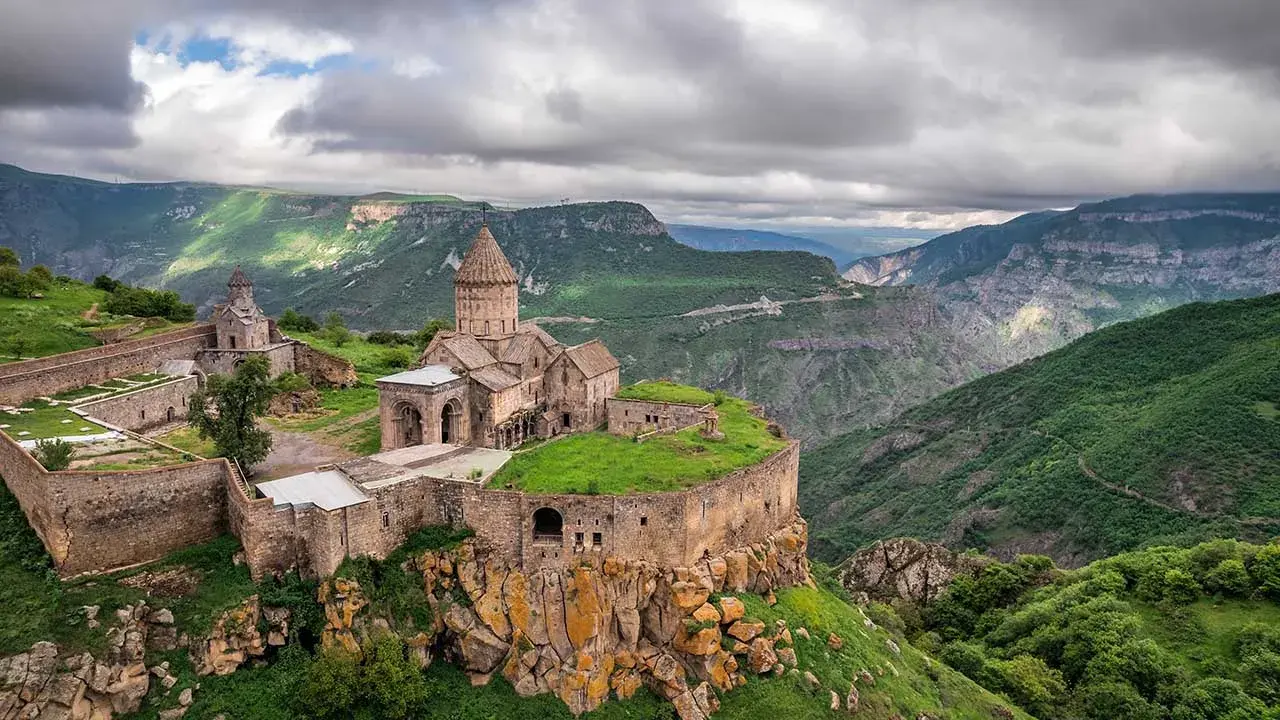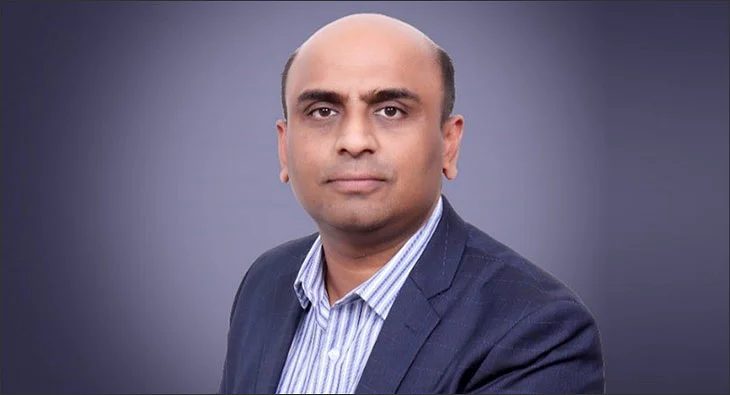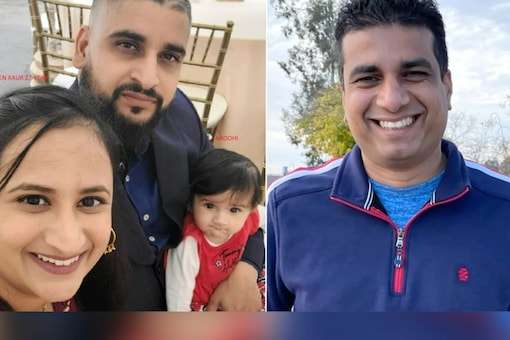Pravasi Samwad reproduces Randy Shaw’s article on the Patels’ hotel business in San Francisco. Shaw is the Editor of Beyond Chron and the Director of San Francisco’s Tenderloin Housing Clinic, which publishes Beyond Chron
Mahendra Doshi’s just released “Surat to San Francisco” is the first book focused on their story. Subtitled “How the Patels from Gujarat Established the Hotel Business in California 1942-1960,” the book explains how this ownership pattern in SROs and then motels and hotels came to be.
A significant number of San Francisco’s SRO hotels have long been owned by Indian-American families. Most trace their ancestry to the India state of Gujarat. Many have the last name Patel. When I came to the Tenderloin in 1979 I was told “Patel” was Gujarat for innkeeper. This false claim was widely believed in the neighborhood. It reflects a broader ignorance about so-called “Patel hotels” that persists to this day, writes Randy Shaw in beyondchron.org.
Shaw goes on to mention that one of the reasons for this ignorance is that remarkably little has been written about this hotel ownership group. Mahendra Doshi’s “Surat to San Francisco” is the first book focused on their story. Subtitled “How the Patels from Gujarat Established the Hotel Business in California 1942-1960,” the book explains how this ownership pattern in SROs and then motels and hotels came to be.
This story is long overdue. My knowledge of SRO ownership patterns begins after this book ends. I was not aware that in the 1950’s SOMA’s Hotel Goldfine became the meeting place for over 35 immigrants who went on to become hotel operators. Nor did I know that many of the SOMA hotels destroyed by the SF Redevelopment Agency for “urban renewal” were Indian owned or operated.
One wonders if resistance to this government-funded destruction of an estimated 5000 housing units would have proceeded at the same level had more politically powerful people controlled these SROs.
Shaw writes that Doshi emphasizes communal solidarity as the driving force behind hotel acquisitions. The Patel community helped each other succeed in whatever way possible, including helping raise the $2000 required of Indian immigrants to secure a visa to America (a 1946 law opened immigration from Gujarat to 100 “lucky” visa holders each year). He identifies three men as providing the foundation for the Patel’s adopting the hotel business. I knew them all.
A significant number of San Francisco’s SRO hotels have long been owned by Indian-American families. Most trace their ancestry to the India state of Gujarat. Many have the last name Patel
Bhulabhai Patel was the first Patel to buy an SRO in San Francisco’s Tenderloin, the William Penn in 1960. I got to know his late son, Ramanbhai, in 1983 when I was helping the tenants address the hotel’s habitability problems. It began a relationship that continued until his death in 2019. Raman was one of the finest people I’ve known during my over forty years at the Tenderloin Housing Clinic. He taught me so much about the inner workings of SRO’s. He broke down the economics of SROs and showed why they did not work under the current system. Raman and another hotel owner, Ramesh Patel, paved the way for THC’s Modified Payment Program to become the chief source of housing for homeless single adults starting in 1989.
When THC ran into problems in 2004 with the Union Hotel owner’s grandfather agreeing to lease the beautiful all-private bath SRO, Raman asked his father to intervene. Bhulabhai was living in India at the time, as was the grandfather. In a single meeting Bhulabhai resolved the problems and the lease for the Union proceeded. That was the type of generous man both he and his son were.
The second key community leader, Dahyabhai Patel, was known as “DR.” THC used the Delta Hotel he leased at 88 6th for years (now the Bayanihan House), and I got to know his daughter Prabha quite well (I saw Prabha last week for the first time in years; the kids I saw her raising at the Delta Hotel now run tourist hotels on Lombard Street). DR’s impact on the Indian hotel community is undisputable. He was a more controversial figure than the other two leaders, and neither he nor his son interacted much with the Tenderloin or Sixth Street community.
The third foundational figure and the one I knew best was Dhanjibhai Patel. Everything I read about Dhanji in the book was consistent with my experience. He always wore a jacket and tie, reflecting his training as an attorney in India. He always sought to work differences out, which explains his role in the community as a mediator and problem-solver.
I spent a lot of time with Dhanji’s sons, Vimal and Nitin, as they sought a path to leave San Francisco’s SRO community. The family ran tourist lodgings in the South Bay, both brothers lived in the South Bay (as did Bhulabhai Patel), yet they owned the Altamont Hotel on 16th Street and the Rose on 6th (where they spent time as kids). I worked with Vimal to arrange the sale of the Altamont to Mission Housing and the Rose to Mercy Housing.
I mention these post-1960 events to provide larger context for the book. Indian ownership of San Francisco’s SRO hotels did not become a major public issue until the “heatless hotel” scandal of December 1982. I am unaware of a single book that chronicles how these owners went from being notorious in the 1970’s and 80’s to its three-decade long role in providing the foundation for San Francisco’s chief strategy for housing the unhoused.
*********************************************************************
Readers
These are extraordinary times. All of us have to rely on high-impact, trustworthy journalism. And this is especially true of the Indian Diaspora. Members of the Indian community overseas cannot be fed with inaccurate news.
Pravasi Samwad is a venture that has no shareholders. It is the result of an impassioned initiative of a handful of Indian journalists spread around the world. We have taken the small step forward with the pledge to provide news with accuracy, free from political and commercial influence. Our aim is to keep you, our readers, informed about developments at ‘home’ and across the world that affect you.
Please help us to keep our journalism independent and free.
In these difficult times, to run a news website requires finances. While every contribution, big or small, will makes a difference, we request our readers to put us in touch with advertisers worldwide. It will be a great help.
For more information: pravasisamwad00@gmail.com









